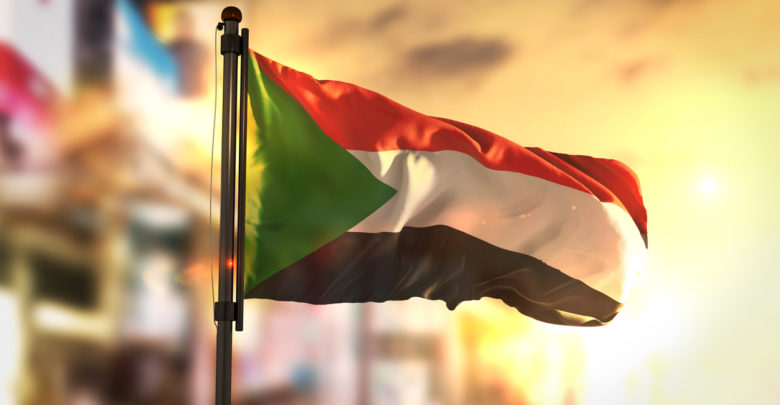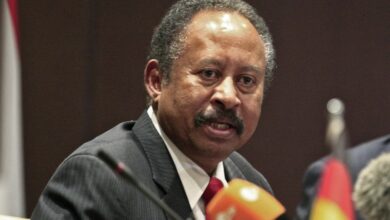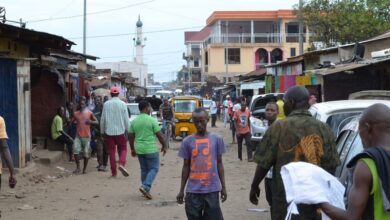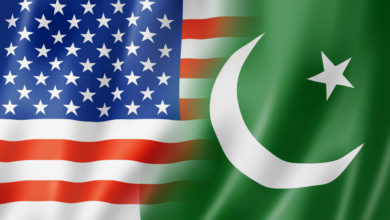World
Sudan: Protestors Threaten To Launch Civil Disobedience Campaign

Sudanese demonstrators converged on central Khartoum in large numbers on Thursday night to demand an immediate transfer of power to civilian rule amid increasing tensions with the country’s ruling military council which accused a protest encampment of threatening stability.
The protesters have threatened to launch a civil disobedience campaign after their two-day strike failed to bring out desired results.
Meanwhile, the Sudanese army accused “unruly elements” of attacking a vehicle used by the paramilitary Rapid Support Forces (RSF) and seizing it near the protest site.
The military rulers said the protest encampment outside the defense ministry in central Khartoum has become a threat to the revolution and the country’s security.
“The protest site has become unsafe and represents a danger to the revolution and the revolutionaries and threatens the coherence of the state and its national security,” General Bahar Ahmed al-Bahar, head of the central region in Khartoum, said on television, reported Aljazeera.
Sudan’s Transitional Military Council (TMC) has also closed the offices of Al Jazeera in the capital Khartoum and revoked the press credentials of its staff.
Al-Jazeera confirmed the shutdown in a statement which said the authorities shut down its Khartoum bureau and banned its journalists from reporting.
“The network sees this as an attack on media freedom, professional journalism, and the basic tenets of the right for people to know and understand the reality of what is happening in Sudan,” the statement read.
Sudan’s military government did not offer any official acknowledgment of the closure.
The military ousted longtime ruler Omar al Bashir from power last month following massive protests. The army generals took over but the protesters remained in the streets demanding for civilian rule.
Negotiation talks between the military council and the protest and opposition group alliance were suspended last week after the two sides could not reach to a decision on the composition of the new sovereign council that would run the country until the elections are held.






